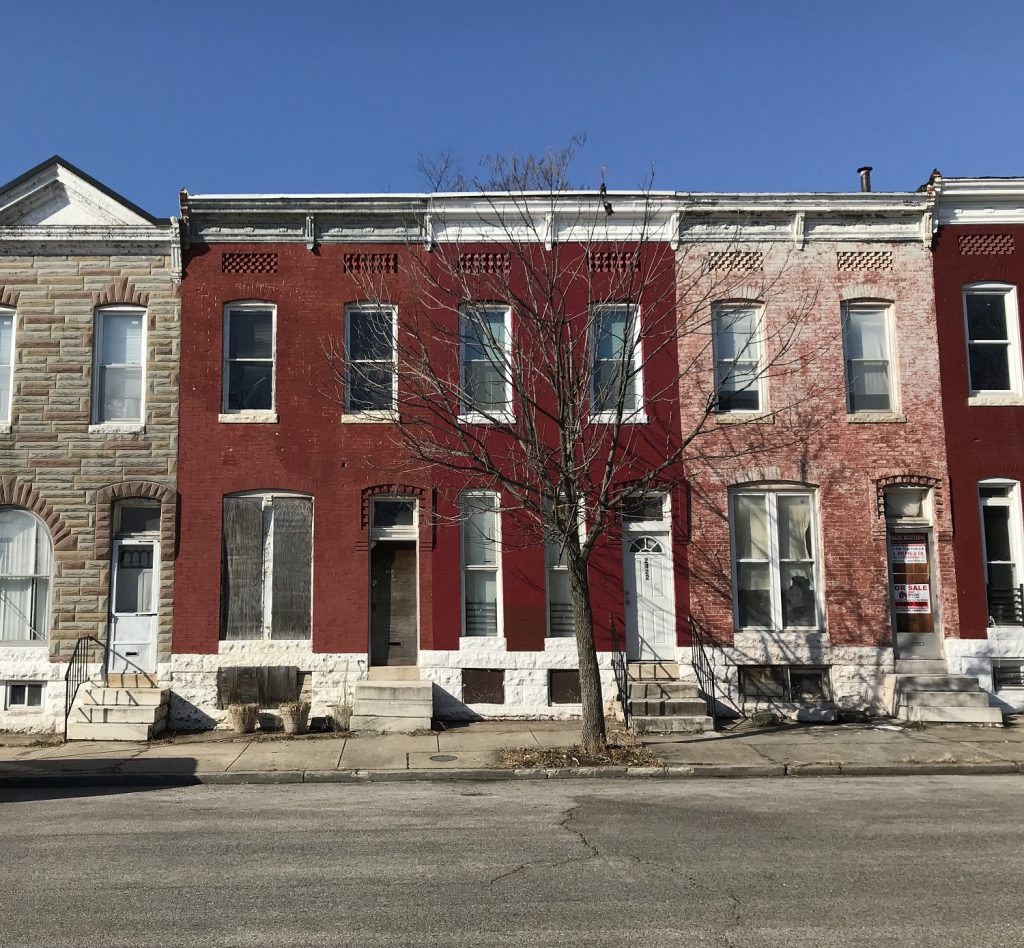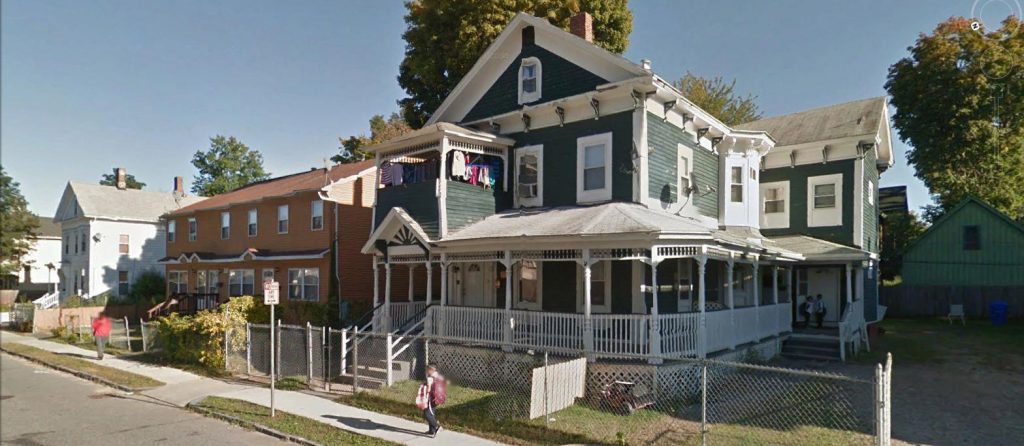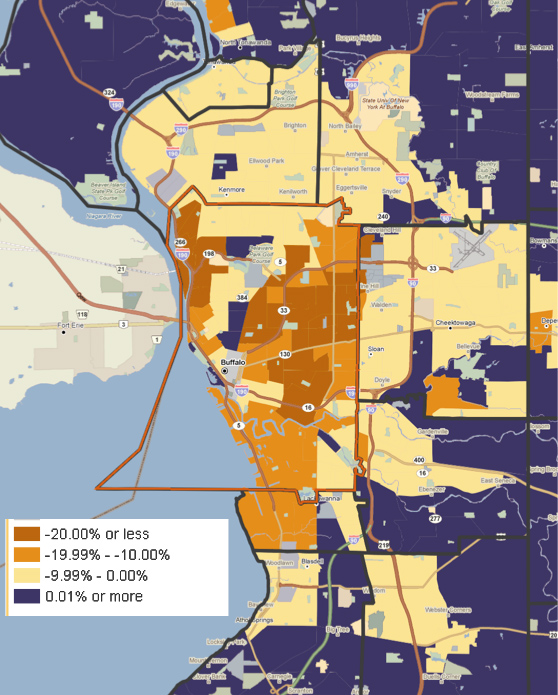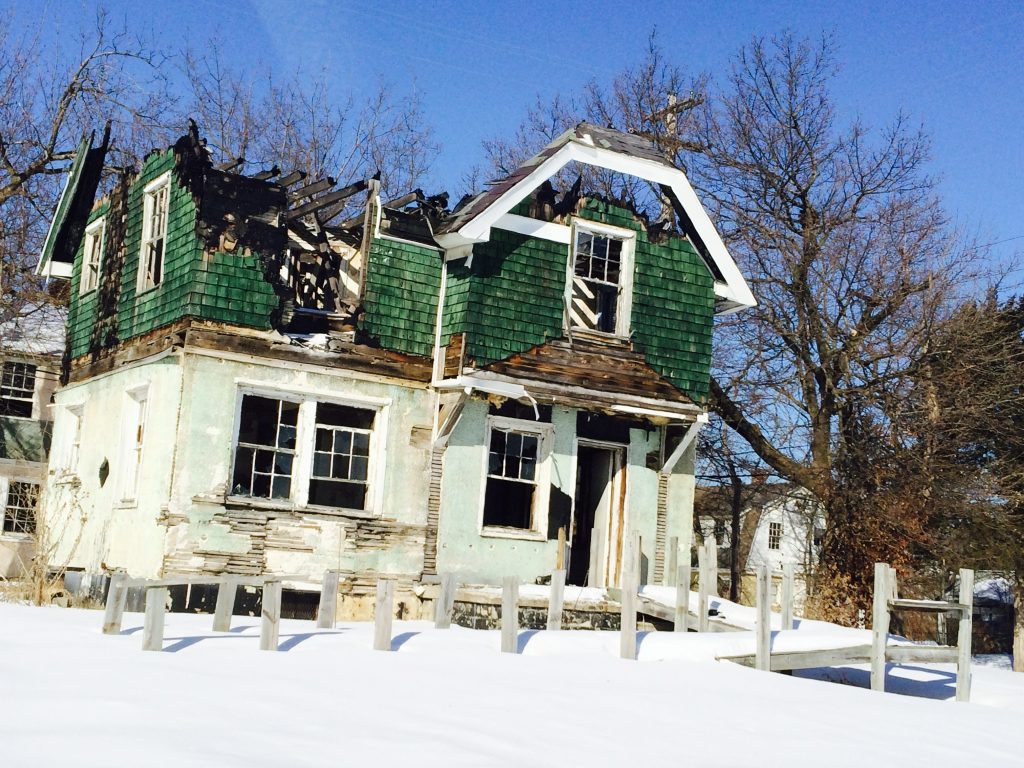Posts by Alan Mallach
What Causes “Urban Prairies” in Shrinking Cities?
As cities shrink, once-urban land becomes available for other uses or reverts to nature, leading to the phenomenon of “urban prairies.”
Read MoreWhere is the vacant property agenda?
This is an excerpt of Chapter 1 of Tackling Vacancy and Abandonment: Strategies and Impacts After the Great Recession, jointly produced by the Center for Community Progress, the Federal Reserve Bank of Atlanta, and the Federal Reserve Bank of Cleveland. It has been lightly edited and condensed for the web. In this chapter, Community Progress…
Read MoreLearning from Baltimore’s Vacants to Value: Part III
One can learn a lot about tackling abandoned properties from Baltimore’s Vacants to Value. However successful it’s been, at getting abandoned properties back into use, though, there are real risks in overselling that achievement. The core element of that program, simply stated, is an effective means of getting developers to restore vacant properties without public…
Read MoreLearning from Baltimore’s Vacants to Value: Part II
In my first post on this theme, I wrote about the thinking behind Baltimore’s highly successful effort to get private developers and property owners to rehabilitate vacant properties and put them back to use. As I noted, the key element in the strategy is creating a predictable pipeline of vacant properties that developers can get hold…
Read MoreLearning from Baltimore’s Vacants to Value: Part I
In 2010, the City of Baltimore kicked off an ambitious effort to address its vacant property challenges, an effort it called Vacants to Value (V2V). After five years, the city decided to commission an in-depth evaluation of the program, and after a competitive process, retained the Center for Community Progress, in partnership with the Baltimore…
Read MoreRemembering Ray Pianka
Raymond L. Pianka, judge of Cleveland’s Housing Court, died suddenly at the age of 65 early Sunday morning, January 22. As the city’s housing court judge for over two decades, Ray became something close to a legend among people engaged in fighting neighborhood decline and abandoned properties, not just in Cleveland but across the United…
Read MoreThe REAL rental housing issue
Originally posted on the National Housing Institute’s Rooflines blog We know a few things about the majority of very low-income renters: They live in private market housing, not tax credit projects or public housing. They receive no housing subsidies. They are paying far more than they can afford for what is too often substandard housing…
Read MoreDo Urban Neighborhoods Need Homeowners?
Originally posted on the National Housing Institute’s Rooflines blog At a conference I attended last week, one of the speakers, a colleague whose judgment and knowledge I respect, offered his take on the future of urban single family neighborhoods. The lower income families who have the credit and can get together the down payment to…
Read MoreWhat’s the matter with Atlantic City?
Originally posted on the National Housing Institute’s Rooflines blog Over the past few months, there’s been a drumbeat of bad news coming out of Atlantic City. Since the beginning of 2014, four casinos have closed, including Revel, which the state of New Jersey granted $261 million in tax breaks to back in 2011 so they…
Read MoreHardest Hit Funds demolition policy change on track to become a boon for distressed communities
This article was originally published in the Summer 2014 issue of Breaking Ground, our quarterly newsletter. To receive Breaking Ground in your inbox, please join our email list. For an update on the latest round of Hardest Hit Fund allocations in April, 2016, click here. In February 2010, President Obama unveiled the Hardest Hit Fund, a…
Read More









